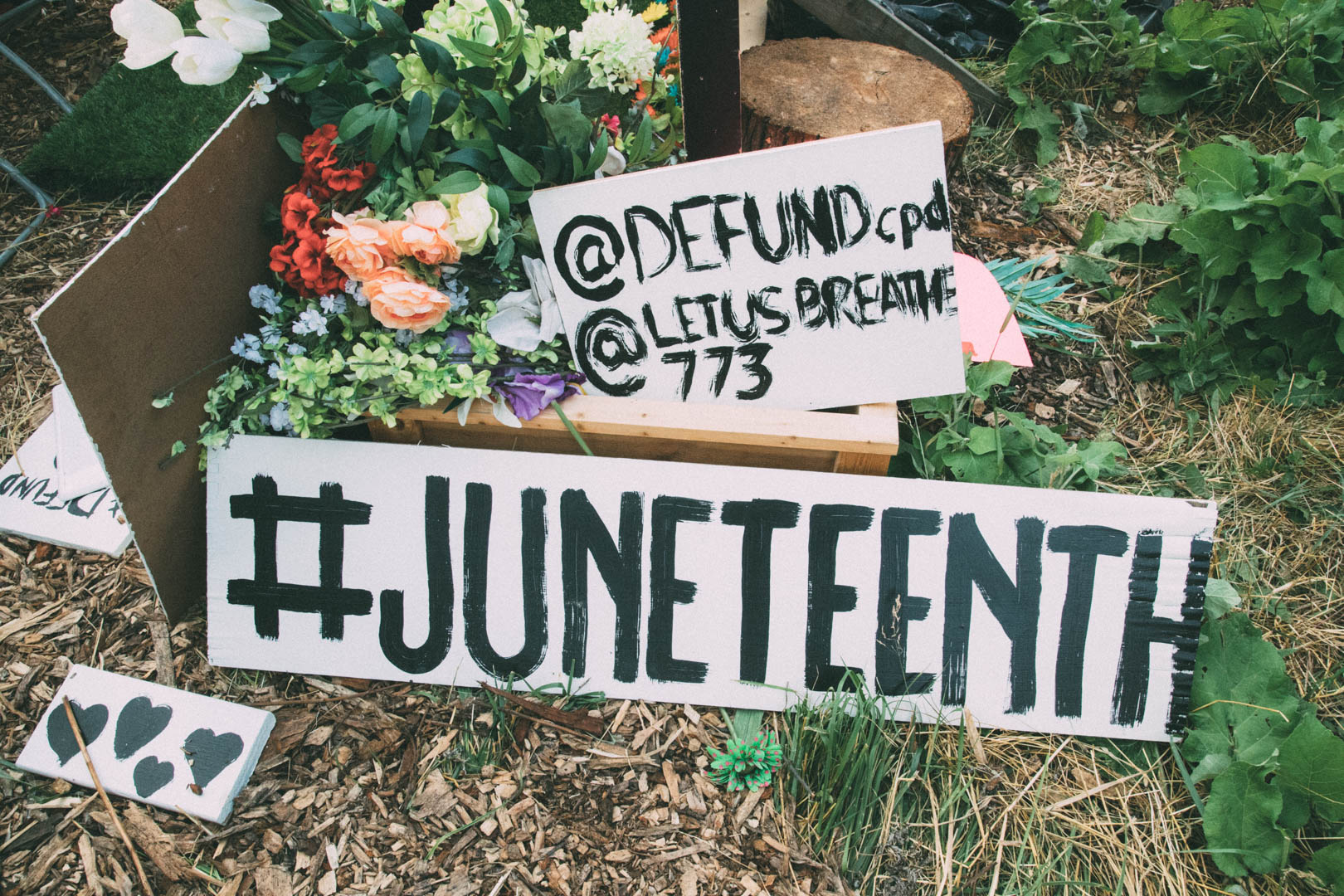On Thursday, June 17, President Joe Biden signed a bill that officially recognizes Juneteenth as a federal holiday. Illinois Governor J.B. Pritzker followed suit, and Mayor Lori Lightfoot said the City would recognize the holiday next year.
While this seems like an attempt to empower and show respect to Black Americans, it’s come off as performative to many members of the community despite Black activists outlining very clear and tangible demands to create safer environments and resources.
Last summer, while protestors were being violently attacked by the police, lawmakers across the country and in the nation’s capitol had “Black Lives Matter” murals painted on the street instead of giving actionable responses to demands for police accountability. Young Black Chicagoans who shared their perspectives on the first “official” Juneteenth with the Weekly expressed some disdain for the federal recognition of the holiday.
But Black people all over the city still celebrated—because folks have never needed permission to gather.
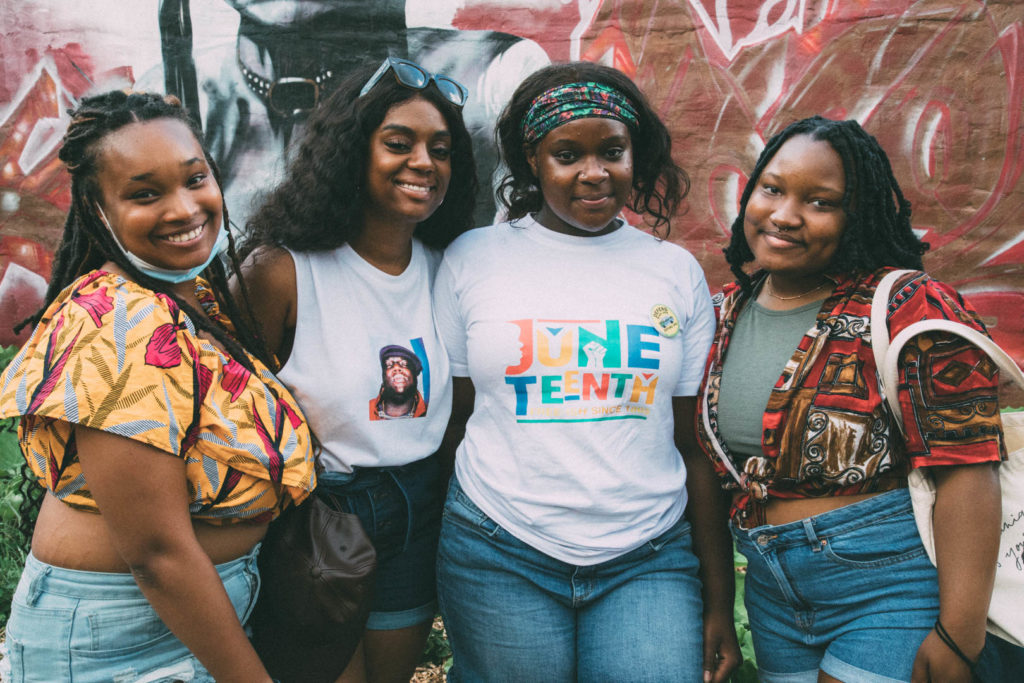
Chris James (he/him), twenty-two, East Washington Heights
“I feel like Juneteenth being recognized is a liberating moment that could be used for us to freely celebrate without harm or harassment, which we know is not always the case when it is time for us to congregate.
“I do feel, however, that the [recognition] of Juneteenth as well as other implementations that have been made, such as no longer calling the syrup company Aunt Jemima or TV stations no longer allowing white actors to voice Black cartoons, is performative. There is still a lot of work to be done before we start seeing real change.”
“What does real change look like to you?” I asked. He starts a list: “Police accountability, defunding the police. Resources in our communities such as fresh produce. Workshops for young Black mothers who may not know how to prepare homemade meals. Mental health facilities…so many other things…”
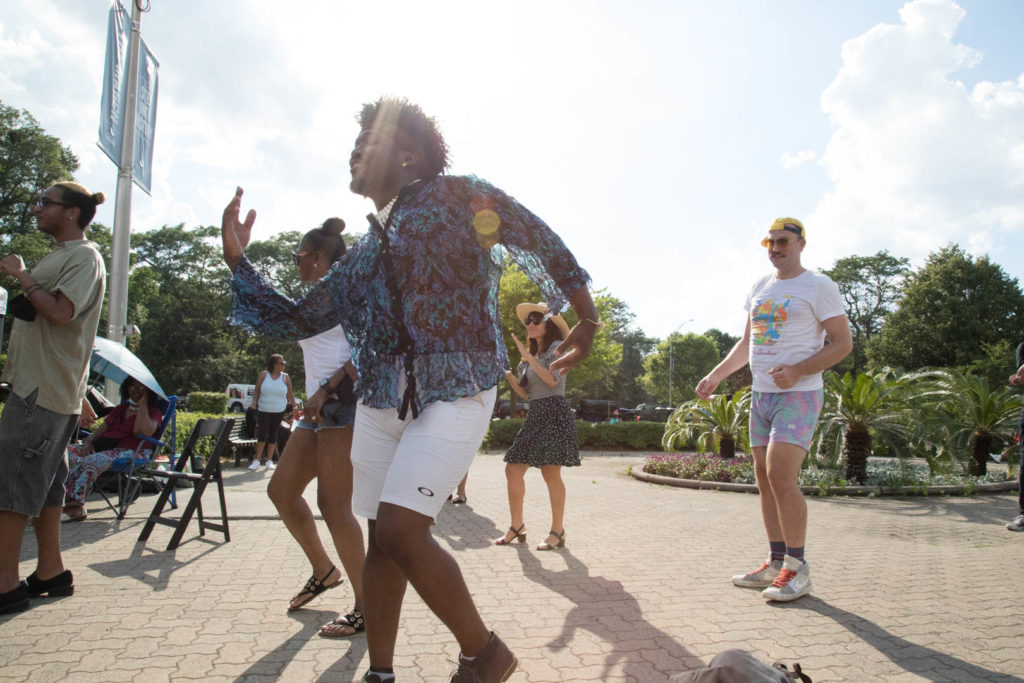
Teiana “Anaiet” Davis (she/they), twenty-one, Ashburn
“Ahh…where to start?” Teiana ponders. “It’s obviously pretty bittersweet. Here you have a holiday based off the premise that white people kept Black people enslaved for two entire years, or more…after they were supposedly ‘emancipated,’ she said, “yet the 13th amendment is still rock solid in the Constitution with no chance of being amended or abolished any time soon.” The 13th amendment states that slavery is outlawed with the exception of one condition: as punishment for crime. Some activists call for the 13th Amendment to be rewritten because folks who are incarcerated should not be subject to involuntary servitude.
Teiana also details that Juneteenth is somehow made into a federal holiday while simultaneously being banned from curriculums in fifteen different states in 2021, “which is really wild…considering how far we’ve supposedly come.”
“Freedom,” she said, “What exactly is that when you’re dealing with the same [nonsense] from hundreds of years ago in a new, modern context? It feels like, ‘lets just give them a little something cute, and make them think that’s what they actually want so we don’t have to do the actual legwork.’”
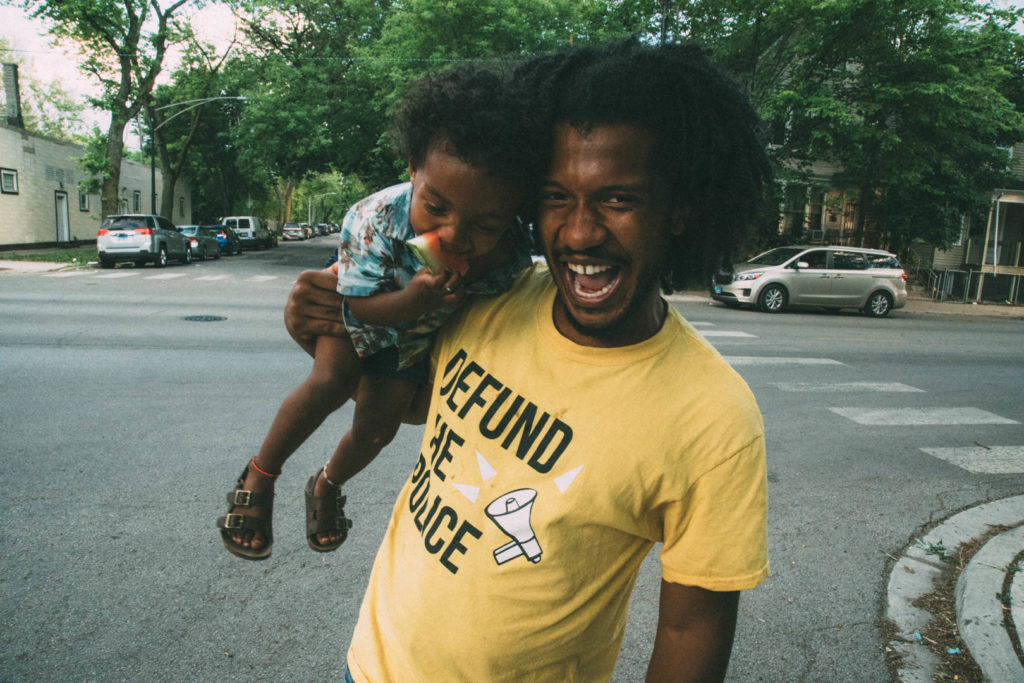
Damayanti Wallace (she/her), twenty, Woodlawn
Damayanti, who has been organizing for years, feels similarly. “I think it’s very performative,” she starts. “It has happened before, right? We’ve seen holidays recognizing our struggle as Black and brown people with no actual policy change.” Damayanti also references how the 13th amendment hasn’t been abolished, as well as the curriculum ban previously mentioned. “They learned nothing from last summer and from our years of fighting. What is a holiday compared to a life? People are dying, like, who cares about a day off from work when our people are consistently dying in the streets?”
“Who do you think the recognition of this holiday benefits?” I asked her.
“It benefits capitalism and people who benefit from capitalism. This is to make money, like, we obviously saw that this weekend with the colors and the sales from various companies.”
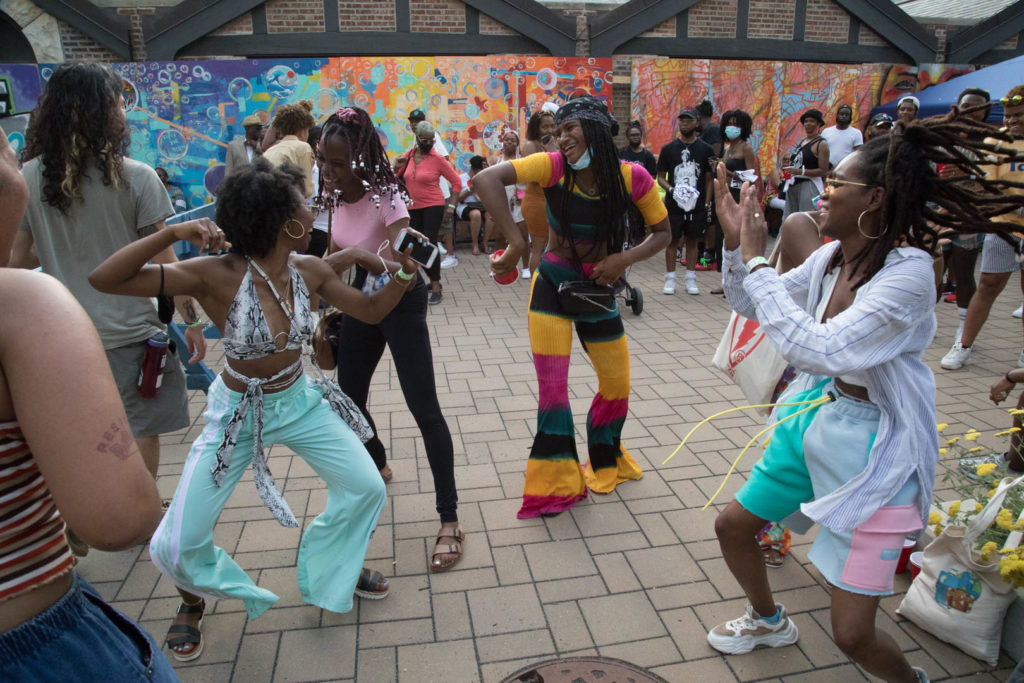
A’Ja Prophet (he/they), seventeen, Bronzeville & Hyde Park
“Aight, so boom,” A’Ja starts, “Juneteenth becoming a federal holiday is performative activism at it’s… highest… government capacity.”
“It just feels so, like, out of everything you coulda’ did, that should have been done, this one? ‘Cause it’s also just an excuse for the government and companies to capitalize off of Juneteenth.”
He speculates that “none of that money is gonna go into the community or into the people that are actually celebrating this holiday.”
I asked A’Ja if he were to write the Juneteenth bill, what would it say?
“Defunding police on a national scale could have been the first thing that was done. And then allocating all of the funding that goes toward police and military toward mental health services, and then, like, food and housing programs…. Free school, things of that nature that people actually need.”
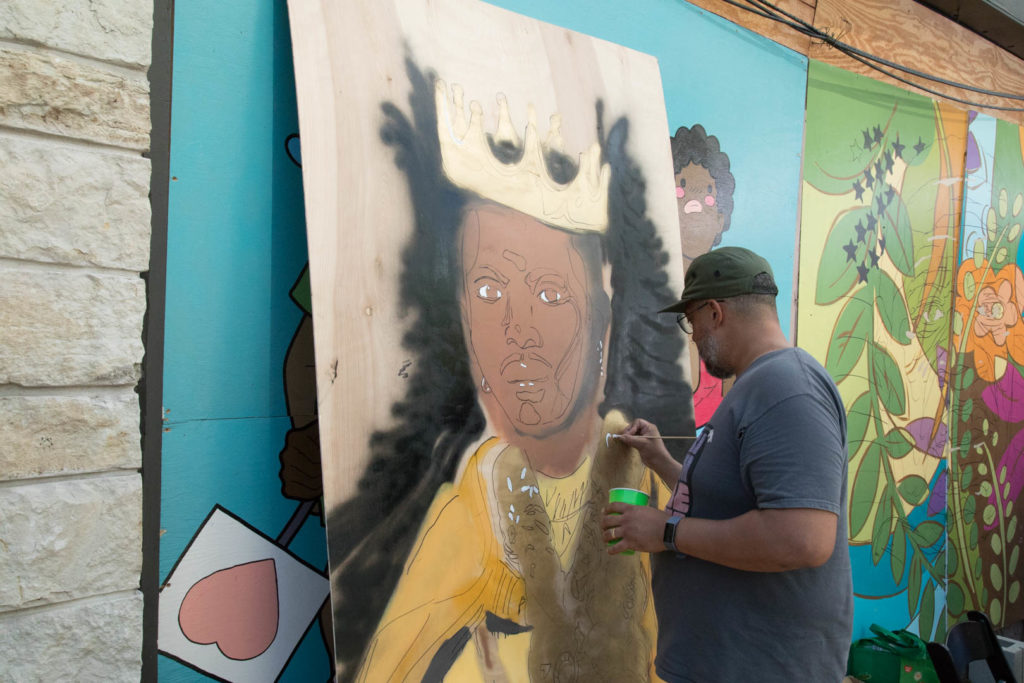
China Smith (they/she), nineteen, Greater Grand Crossing & Englewood
“I feel like…we were just given the absolute bare minimum. I feel like it was pretty pointless. I feel like our other demands, our immediate demands for justice, for other things in our community were more, and this was done to be like ‘hey, solidarity.’”
I asked China about what demands they feel have been ignored.
“After every single murder that’s been at the hands of state policing, obviously the demands for the arrests have been ignored,” they began. “I personally am a [prison] abolitionist, so I don’t give no fuck, but I still feel like the voice of the people, people who look like us is important, and this is shit that we’ve been demanding. Things like more resources in our schools because we all know the effects of slavery, racism… it still affect us to this day.
“To think about how Chicago is still segregated as a city and how you go from neighborhood to neighborhood and see these differences, it starts in our neighborhoods, like, our every day. Why are our streets still fucked up? Why are our schools… underfunded? It starts with what we can see.”
Chima Ikoro is the Weekly’s community building/organizing editor.

